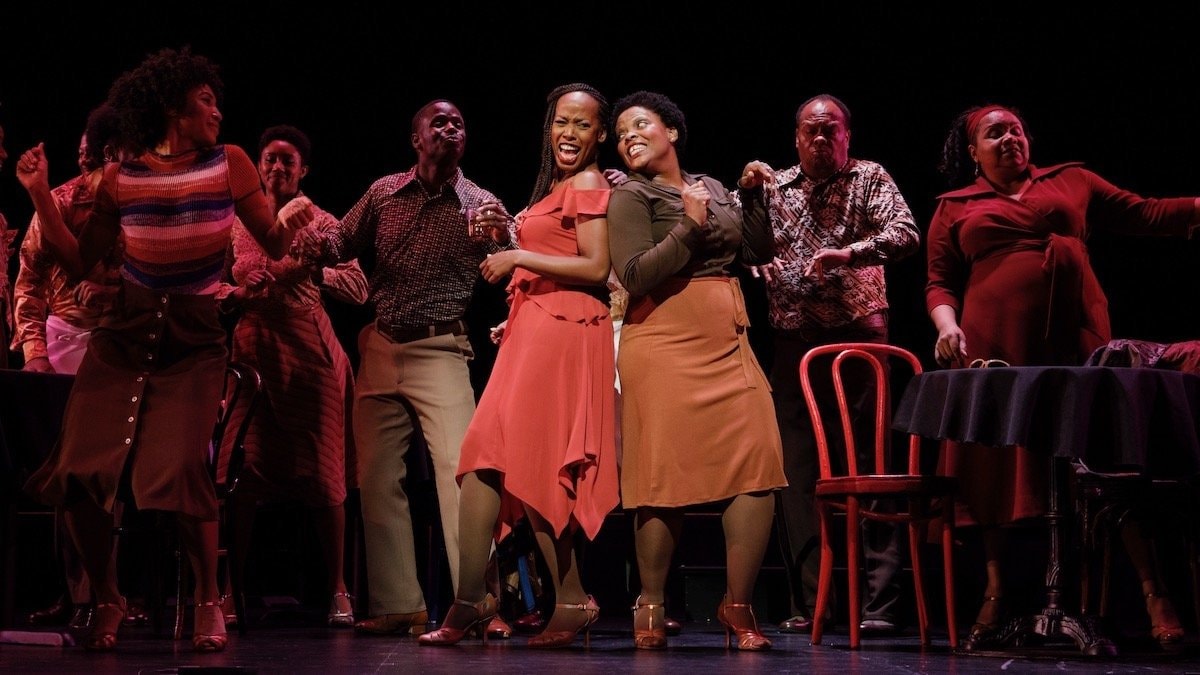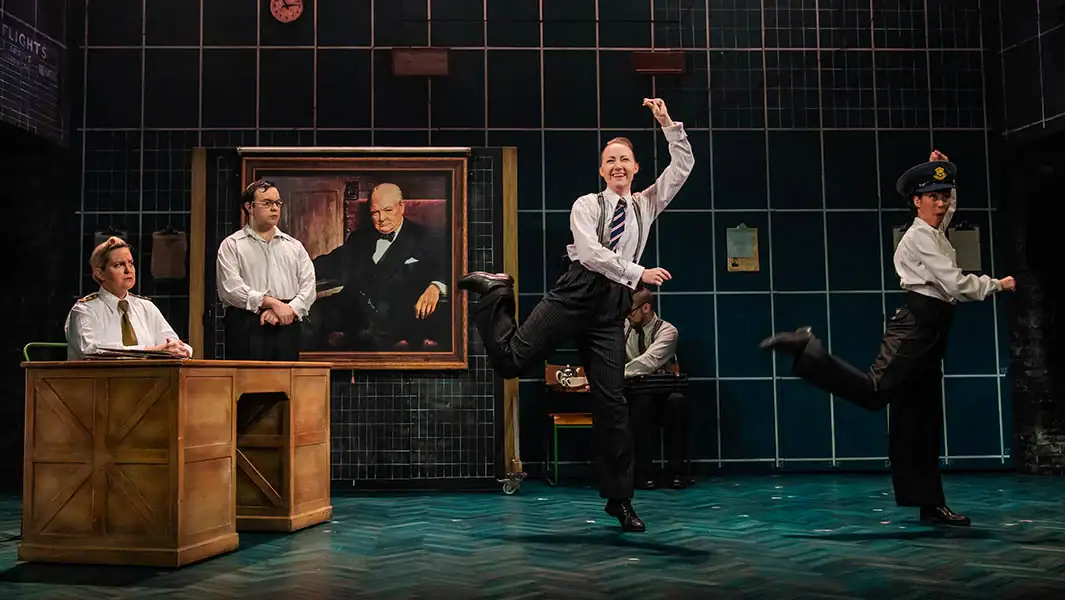
When I read Joshua Harmon’s first play, Bad Jews, before it was picked up at Roundabout Theatre for what would later prove to be a regional theater hit of 2015, I had two thoughts:
-
Theater Wit will absolutely produce this play.
-
90% of this play’s impact depends on the casting of the lead character.
After we produced Bad Jews, which played to over 20,000 audience members over an eight month run, I read Significant Other and had the same two identical thoughts.
Obviously, producing any play requires serious attention to casting, but I believe that, at its core, Harmon’s work is centered on exploiting specific audience ambiguities to function. His plays situate themselves adjacent to well-worn dramatic ground, demanding new responses from that altered perspective point. Harmon robs the audience’s comfort in easy character identification and forces us to reexamine the situation and the weight of our cultural biases.
In Bad Jews, Harmon conjures Daphna—certainly one of the most divisive characters audiences have confronted here at Theater Wit. Manipulative, cunning, insecure and aggressive, Daphna (played beautifully in Chicago by Laura Lapidus) simultaneously attracts and repels. She is hard to be around but speaks absolute truths, even if she says them for the wrong reasons. We are constantly forced to reevaluate our relationship with the character as a series of structural shifts that perfectly mirror the complexity of the relationship between Millennial Jews and their religion. The complexity of the relationship between audience and character is an essential narrative and thematic construct in the play.
Significant Other launches from a different perceptual shift, centering our attention on the fun gay sidekick in countless rom-coms. What does it mean to be Jordan as all his best girlfriends move on with their lives? What does the reality of gay marriage mean to people who never contemplated that option as they were growing up?
As the play progresses, Jordan gains dramatic weight. His quips in scene one are revealed as covers for serious social anxieties. Jordan is by turns obsessive, kind, selfish, cruel and loving. He’s unbelievably needy and remarkably generous. In one scene, he immolates his oldest and dearest friendship out of jealousy. In another, he stalks a co-worker. In a third, he gives his best friend all the validation and support she could ask for. He fears the future and years for it simultaneously. But we have to invest in him; we have to understand why Jordan is incapable of establishing a romantic relationship while finding him worthy of love ourselves.
At its heart, Significant Other is a play about the cataclysmic personal growth that happens in our twenties. From my 46-year-old reading perspective, I remember thinking how difficult that decade was and how thrilling it was and how I would never want to go through it again.
If Bad Jews is a play about our relationship to a culture, Significant Other is about our relationship to ourselves in our twenties. At that stage of life, we constantly demolish ourselves to find out who we really are. And we do this in the the middle of a series of insanely consequential life choices about careers and marriage. How can we love ourselves in the future, the play asks, if we don’t even know ourselves in the present? Jordan is not to be admired or pitied; he’s a doorway to our own internal life from a specific temporal perspective.
If the emotional impact of Harmon’s work is to recreate the kinesthetic sense of anxiety, joy, possibility and confusion of that time, we needed an actor who could engender a deep seated trust in the audience while being free enough to burn those bridges behind him. Specifically, I wanted Alex Weisman, a young actor who had already proven his ability to navigate complex roles (Hand of God, History Boys) and who had a strong personal identification with Jordan. I’d admired Alex’s work for years. I knew Alex loved the play, and the director, Keira Fromm, was one of his best friends. Perfect, right?
Well, almost. In July, we got the rights finalized and I scheduled the show for the Spring of 2018. Also in July, I found out that Alex had just gotten cast in a little production called Harry Potter and the Cursed Child and was moving to New York at the end of 2017. But, casting is everything in these plays, right? So Wit’s co-producer, About Face Theatre, and I moved the show to November to accommodate Alex’s schedule. In July, which was a goofily short amount of time to make this happen.
Alex’s portrayal of Jordan proved worth three months of frantic reorganization. I watched audiences night after night step into the expectations that Joshua Harmon lays out in the first scene: “I know this play. Funny gay best friend, marriage comedy” give way to faint surprise as the play pivots to focus on Jordan. They laughed helplessly and painfully as Jordan struggles at the top of Act II not to send a disastrous email. I could regularly see people weeping at the end. I can’t tell you how many people came up to me and told me how much the play reminded them of themselves—gay, straight, male, female… It didn’t matter because the writing gave them the space they needed to build themselves into the experience.
And that is the power of ambiguity. It’s why work like Significant Other is so subtly important. In a time when we regularly slot and categorize our responses to events based a set of cultural assumptions, Harmon’s writing opens up new perspectives that we cannot anticipate. It finds our hearts by structurally freeing our minds. And in the theatre, if we cannot make easy choices, we must make the hard ones.
To purchase a copy of Significant Other, click here, and to learn more about licensing a production, click here.

The Truth Behind… The Normal Heart

Musical Revues

